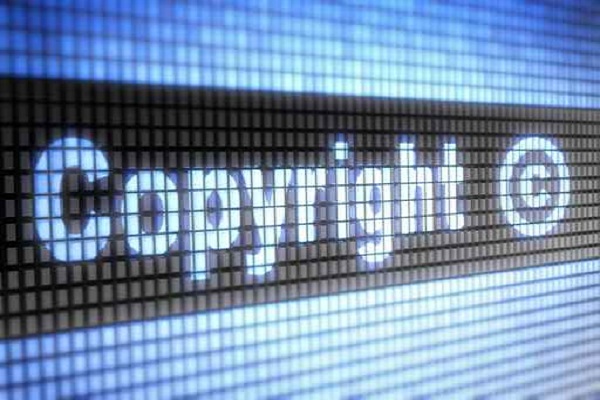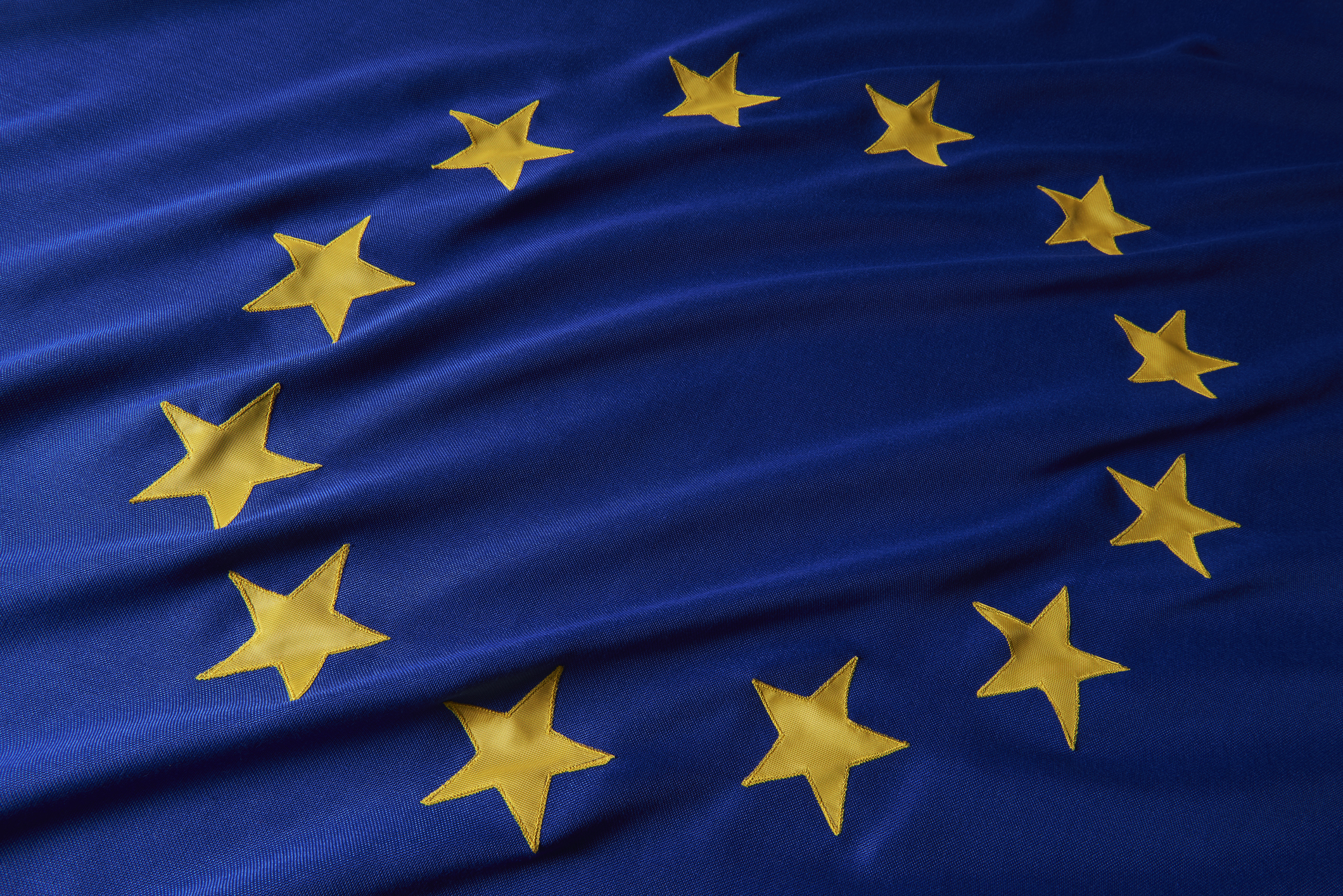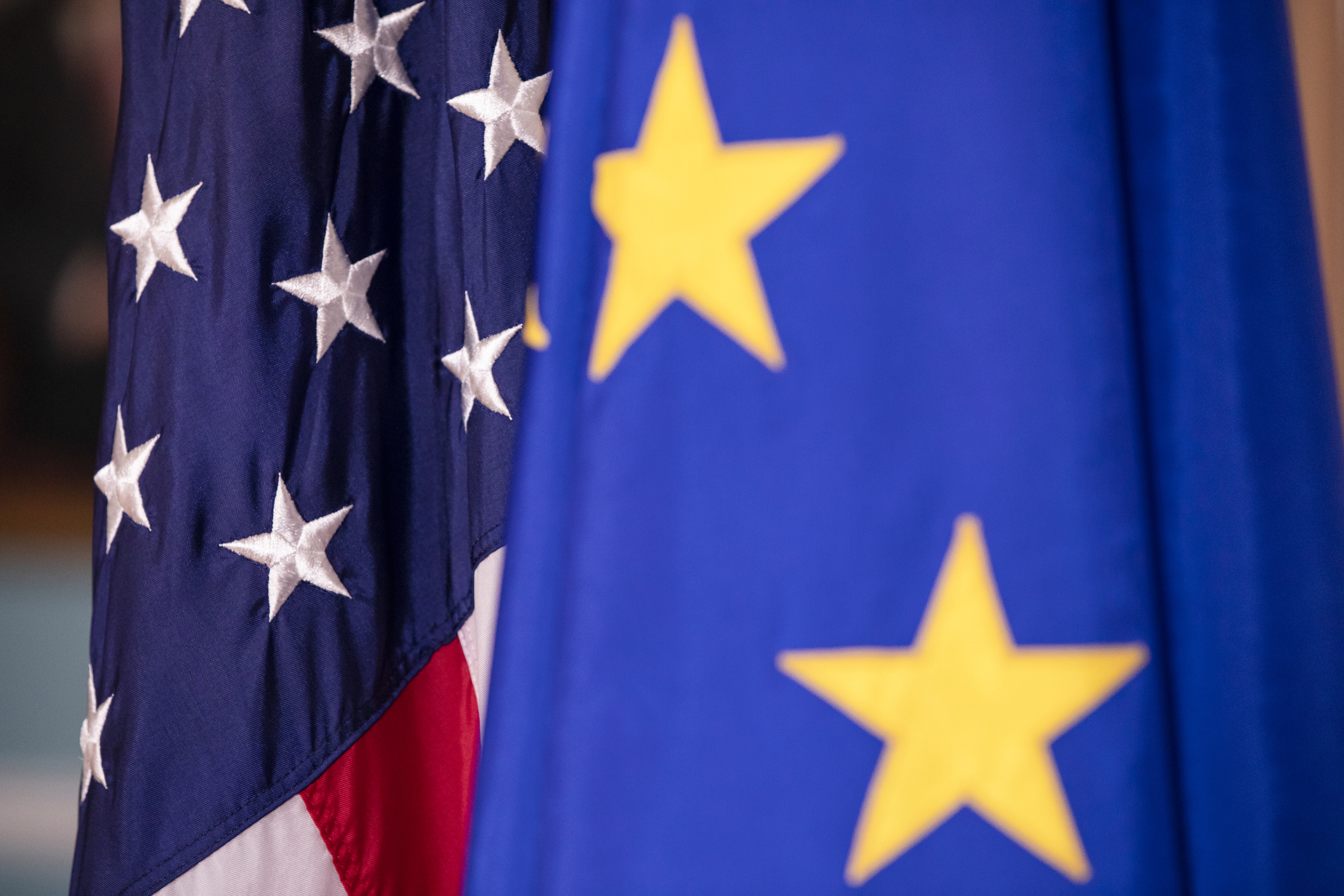European copyright law: how it affects you
The EU is looking to harmonise copyright law, and Google isn’t happy. But should you be?

The European Commission is looking to change the rules on copyright across the EU in a bid to update them for the modern, digital age. The most important proposal is to relax the national restrictions that prevent you from watching and listening to content from the UK when you're abroad (such as shows on the BBC iPlayer), and vice versa. The proposals form part of efforts to create a Digital Single Market, which was announced in May 2015 in the hope of being delivered by the end of this year.
Why is it doing this?
Because currently each EU member state operates to a different set of rules, which makes it difficult for companies to license their content across country borders and prevents you from accessing what you want, where you want.
This system was sufficient in the days before the internet, but new rules are needed because there are so many ways to access copyright-protected content. Andrus Ansip, vice-president of the EU's Digital Single Market team, not only wants to reduce barriers across the 28 member states but also increase cultural diversity in the content that's available, while ensuring all work is fairly paid for and protected. It's a big ask.
How are the current restrictions affecting us?
According to EU figures, a third of Europeans want to access content they pay for from their home country when they are abroad, while a fifth want to do so from other EU countries when they are at home. But licensing difficulties within Europe mean that this isn't always possible. Broadcasters operating in one country have to negotiate individually with the copyright holder if they want to offer channels in other EU countries. These talks are costly and time-consuming, and often break down.
So what's going to change?
Get the ITPro daily newsletter
Sign up today and you will receive a free copy of our Future Focus 2025 report - the leading guidance on AI, cybersecurity and other IT challenges as per 700+ senior executives
You'll be able to access everything you've bought or subscribe to movies, sport, music, ebooks, games and so on in any EU country. As well as affecting traditional broadcasters like the BBC, a change in the law would let viewers access TV services such as Now TV when outside the UK, but still inside the EU.
However, the EU has suggested new laws that go further. It wants collective bargaining of copyright, which means that broadcasters across the EU would club together to pay a one-off fee for the rights to a TV show (this has been described as a 'buy one, get 27 free' deal). This move would damage broadcasters such as ITV, which would no longer be able to negotiate a higher price for its programmes from broadcasters based in countries that have a larger population. Other broadcasters, including Sky, have said that this law will cut their revenues and lead to less investment in new programmes. But Mr Ansip is in favour, saying it would give consumers more choice.
What about videos that users post online?
They'll be affected too. One part of the new regulations deals with content being posted on video-sharing sites such as YouTube. Today, sites either remove content when they are informed of a copyright infringement, or they make money on behalf of the copyright owner through adverts. Under the new proposals, sites will have to introduce technology that can tell whether a video breaks copyright rules.
Doesn't YouTube already do this?
Yes, using its Content ID system, which compares videos and music to a database of copyrighted material. But the EU says that this doesn't go far enough. The new laws place more onus on YouTube to prevent any copyrighted material from being uploaded by ordinary users. For example, they will have to impose rigorous measures to stop users from submitting videos that use copyrighted music.
-
 AI is helping bad bots take over the internet
AI is helping bad bots take over the internetNews Automated bot traffic has surpassed human activity for the first time in a decade, according to Imperva
By Bobby Hellard
-
 Two years on from its Series B round, Hack the Box is targeting further growth
Two years on from its Series B round, Hack the Box is targeting further growthNews Hack the Box has grown significantly in the last two years, and it shows no signs of slowing down
By Ross Kelly
-
 ‘Europe could do it, but it's chosen not to do it’: Eric Schmidt thinks EU regulation will stifle AI innovation – but Britain has a huge opportunity
‘Europe could do it, but it's chosen not to do it’: Eric Schmidt thinks EU regulation will stifle AI innovation – but Britain has a huge opportunityNews Former Google CEO Eric Schmidt believes EU AI regulation is hampering innovation in the region and placing enterprises at a disadvantage.
By Ross Kelly
-
 The EU just shelved its AI liability directive
The EU just shelved its AI liability directiveNews The European Commission has scrapped plans to introduce the AI Liability Directive aimed at protecting consumers from harmful AI systems.
By Ross Kelly
-
 A big enforcement deadline for the EU AI Act just passed – here's what you need to know
A big enforcement deadline for the EU AI Act just passed – here's what you need to knowNews The first set of compliance deadlines for the EU AI Act passed on the 2nd of February, and enterprises are urged to ramp up preparations for future deadlines.
By George Fitzmaurice
-
 EU agrees amendments to Cyber Solidarity Act in bid to create ‘cyber shield’ for member states
EU agrees amendments to Cyber Solidarity Act in bid to create ‘cyber shield’ for member statesNews The EU’s Cyber Solidarity Act will provide new mechanisms for authorities to bolster union-wide security practices
By Emma Woollacott
-
 The EU's 'long-arm' regulatory approach could create frosty US environment for European tech firms
The EU's 'long-arm' regulatory approach could create frosty US environment for European tech firmsAnalysis US tech firms are throwing their toys out of the pram over the EU’s Digital Markets Act, but will this come back to bite European companies?
By Solomon Klappholz
-
 EU AI Act risks collapse if consensus not reached, experts warn
EU AI Act risks collapse if consensus not reached, experts warnAnalysis Industry stakeholders have warned the EU AI Act could stifle innovation ahead of a crunch decision
By Ross Kelly
-
 Three quarters of UK firms unprepared for NIS2 regulations, study finds
Three quarters of UK firms unprepared for NIS2 regulations, study findsNews Senior management can be held personally liable for non-compliance under NIS2 rules
By Ross Kelly
-
 US-UK data bridge: Everything you need to know
US-UK data bridge: Everything you need to knowNews The US-UK data bridge will ease the complexity of transatlantic data transfers
By Ross Kelly